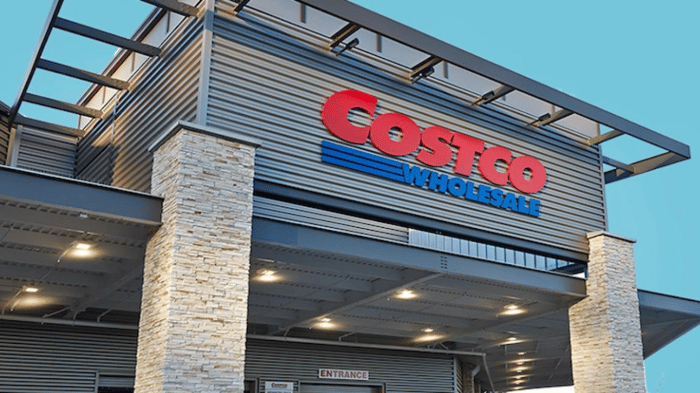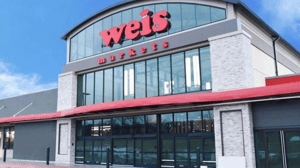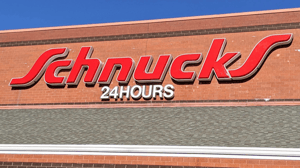Sponsored By
The exterior of a Walgreens store
Finance
Walgreens plans to close 1,200 stores in the next three yearsWalgreens plans to close 1,200 stores in the next three years
Some 500 of those stores will close in 2025 alone
Stay up-to-date on the latest food retail news and trends
Subscribe to free eNewsletters from Supermarket News












































